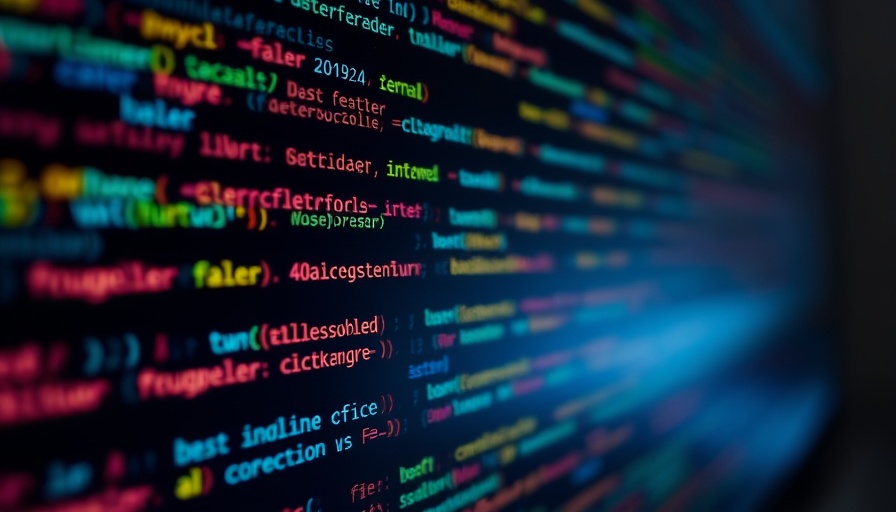
Engineers at the Forefront of AI Transformation
The role of engineers is rapidly evolving in today’s AI-driven world. No longer restricted to just writing code, engineers are becoming pivotal players in shaping and managing intelligent systems. Their responsibilities now extend beyond the confines of conventional engineering, moving into domains where artificial intelligence plays a crucial role in decision-making processes. As businesses increasingly rely on AI for operational efficiency, engineers must adapt to become strategic thinkers and problem solvers.
The Shift from Code to Strategic Impact
In this new landscape, the impact of engineers is two-fold. Not only are they responsible for integrating AI technologies into business frameworks, but they also need to ensure that these systems operate ethically and effectively. This transition demands a fresh skill set, encompassing concepts from Agile and DevOps methodologies. Engineers must cultivate abilities in collaboration and continuous improvement to stay relevant. With DevOps practices gaining popularity, cross-functional teamwork enables faster delivery of AI solutions, thereby increasing project success and customer satisfaction.
Collaboration in AI and DevOps Integration
As organizations embark on a digital transformation journey, the synergy between DevOps and AI becomes increasingly apparent. For instance, Agile DevOps practices facilitate a collaborative environment, enabling engineers to harness the benefits of AI and automate repetitive tasks. Such integration allows teams to focus on innovative solutions, driving both efficiency and productivity.
Challenges in an AI-Driven World
Despite the apparent benefits, the shift also brings challenges. Engineers face growing pressure to understand AI technologies, ethical implications, and their potential biases. Addressing these concerns requires a firm grasp of both technologies and a commitment to continuous learning. Engineers must ensure transparency and accountability in their AI systems, enhancing user trust while navigating complex regulatory landscapes.
Future Trends: Building a Culture of Innovation
Moving forward, engineers will need to champion the cultural shift towards embracing AI innovation. Organizations should foster an environment where engineers feel empowered to experiment and collaborate, encouraging them to integrate AI seamlessly into their workflows. The future may hold roles such as AI ethics officers or automation specialists, broadening the scope of engineering positions to include considerations that previously seemed peripheral.
Conclusion: The Path Forward for Engineers
As we forge ahead into an AI-infused era, engineers stand at a crossroads. The traditional perception of their role has transformed, necessitating a proactive approach to developing skills that complement AI growth. Embracing Agile DevOps methodologies, engineers can create impactful solutions that not only improve efficiency but also place ethical considerations at the forefront of technology. By adapting to this landscape, they can ensure that they are not mere code writers but influential architects of the future.
 Add Row
Add Row  Add
Add 




Write A Comment